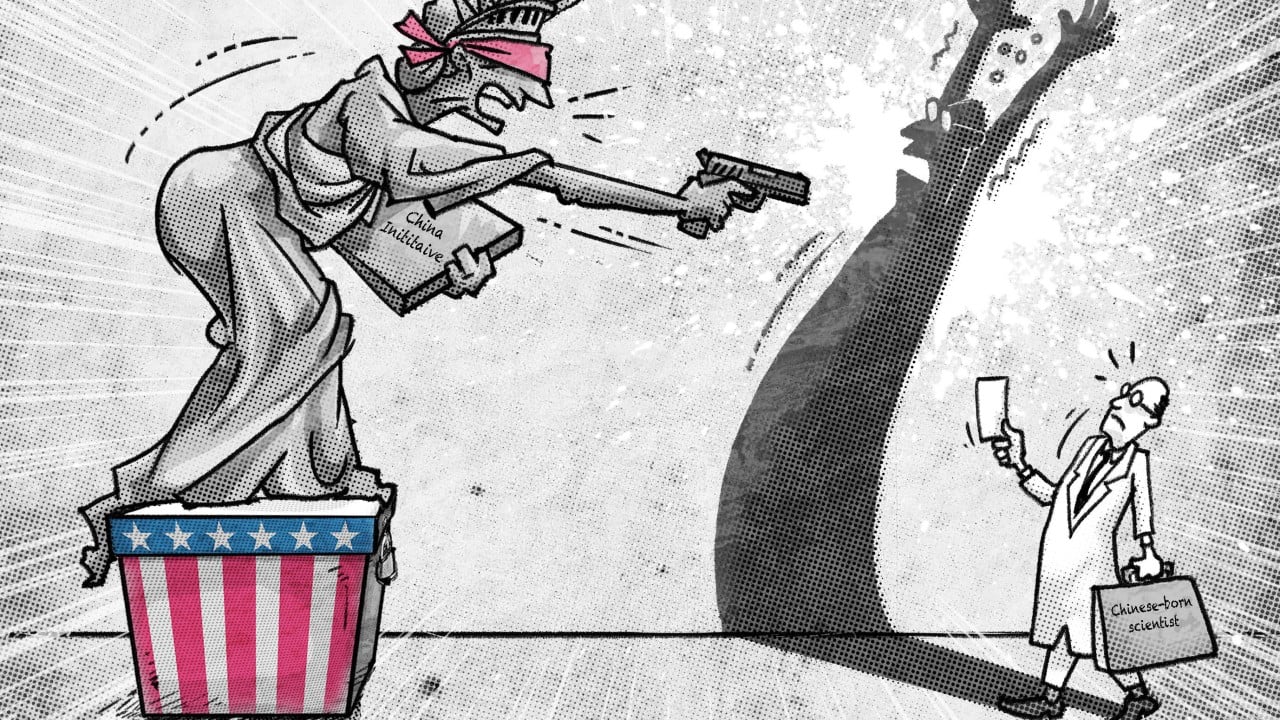The presidential race between Donald Trump and Kamala Harris comes as geopolitical tensions escalate on multiple fronts. In the 14th report of an in-depth series, Ling Xin looks at the stakes for Chinese-born scientists after government investigations targeted researchers.
Advertisement
Experimental economist Yan Chen is not so much hoping for a Harris win as hoping for a Trump loss in next week’s US presidential election
“It is not going to be a good outcome for the Chinese-American scholars if Donald Trump gets elected,” said Chen, who works at the University of Michigan, Ann Arbor.
“If Kamala Harris is elected, there will be a lot of unknowns, but at least we know she’s half Asian and the child of an immigrant scientist. I’m hoping she will have more empathy towards the Asian and Asian-American scholars community,” Chen said.
Xiaoxing Xi, a physicist at Temple University in Philadelphia, is not won over by either camp, saying that both the Trump and Biden administrations had viewed China as the biggest threat to the US.
Advertisement
“This is a point that has been driven home by both parties, and it is the new geopolitical reality we all live in,” he said.
While their perspectives on the candidates may differ, scientists like Chen and Xi have a major area of common ground – they have been discouraged by the recent passage of House legislation to reinstate the Trump-era China Initiative. The initiative was meant to combat economic and technological espionage from China, but ended up disproportionately affecting academics of Chinese descent before it was shut down in 2022.

